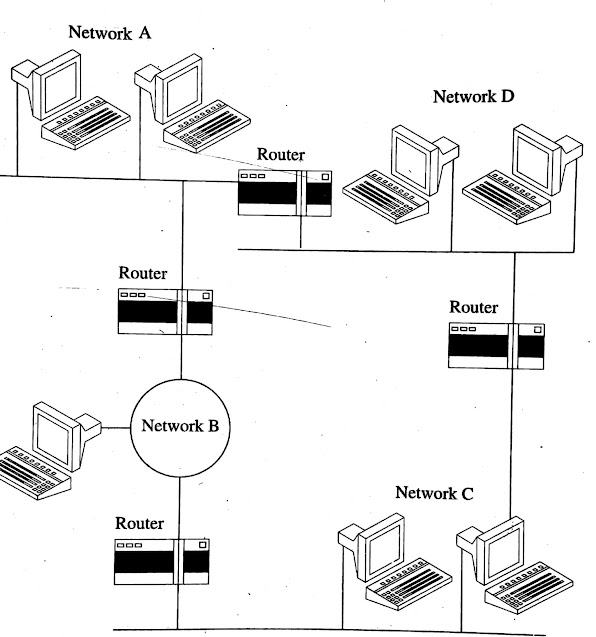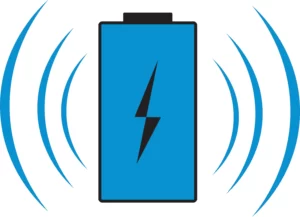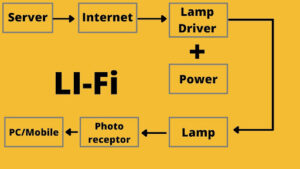networking device that forwards data packets between computer networks. It is
an essential component of the Internet and many other computer networks.
The Router operates on the third layer of the OSI
(Open Systems Interconnection) model, also known as the network layer. It uses
routing tables to determine the best path for data packets to travel between
networks.
Routers connect different networks together,
allowing devices to communicate with each other across those networks. For
example, a router can connect a home network to the Internet, or it can connect
multiple office networks in a large company.
In addition to forwarding data packets, routers can
also perform other functions such as filtering network traffic, blocking
unwanted traffic and providing security features like firewalls and virtual
private networks (VPNs).
and software. The hardware connects various computer networks physically. The two main pieces of software in a router are
the operating system and routing protocol.
addition to having a physical address or a mac address has a logical network
address.
identical networks as well as to incorrect networks with different types of
hardware. Compared to one giant LAN, a series of smaller LANs connected
through routers has some highly desirable benefits.
operate in a broadcast mode. Information that is retrieved or transmitted, they go to the network and traverses the entire cable system. Though the data is physically present in every station only the specific station can access the data.
If one network goes down because the server stopped functioning or because
of a fault in the cable, other departments that are served by the routers are
not affected. The internetting routers isolate the affected network. Though the unaffected networks are connected, they do not stop.
enhancement” within the individual network. Let that network has 6
workstations. Every system generates the same amount of traffic.
In a single network environment, all the traffic for those 6 workstations goes
on the same cable. But if the network is split into 2 networks of 3
workstations each, the traffic load is cut to half. Each network has its own
server and hard disk and is largely self-contained; so, fewer PCs make demands
of the same network cabling system.
networking range”. But in some cases, the router cannot exceed the range of 1000 meters. But with the help of a repeater, we can easily overcome this problem. The physical range can be
whatever is required by the particular installation, provided the router is
installed before the maximum cable range is exceeded.





